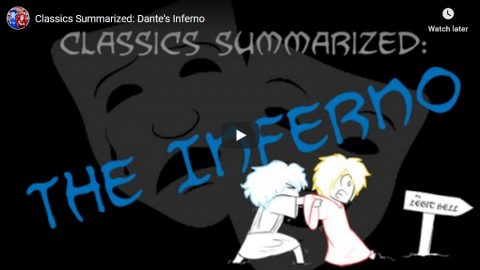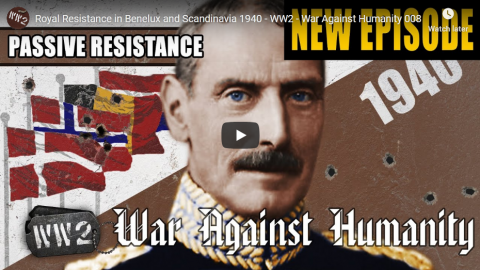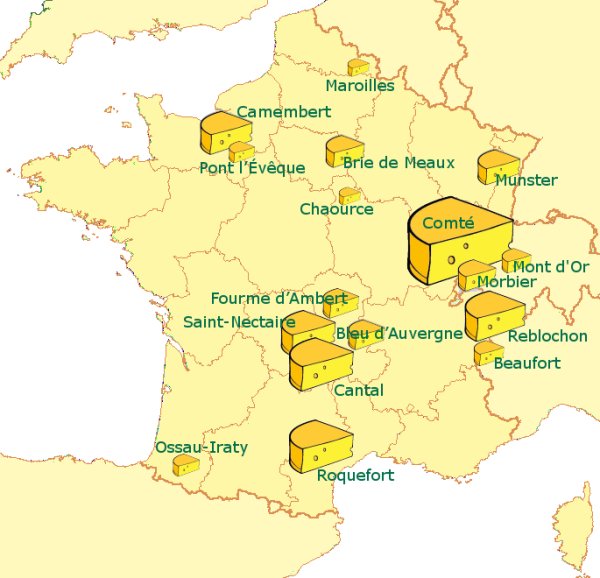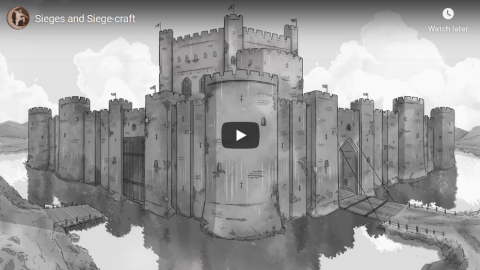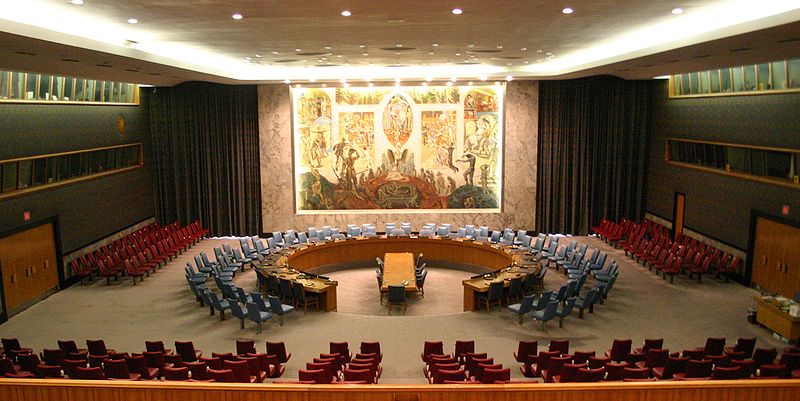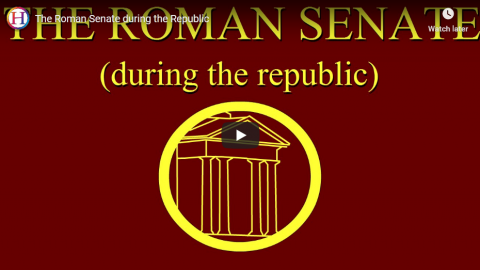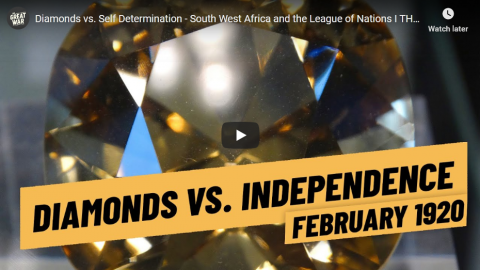Barbara Kay on the long-promised yet still (unsurprisingly) unfulfilled plan to have 25% of the Canadian Army’s infantry be staffed by women:
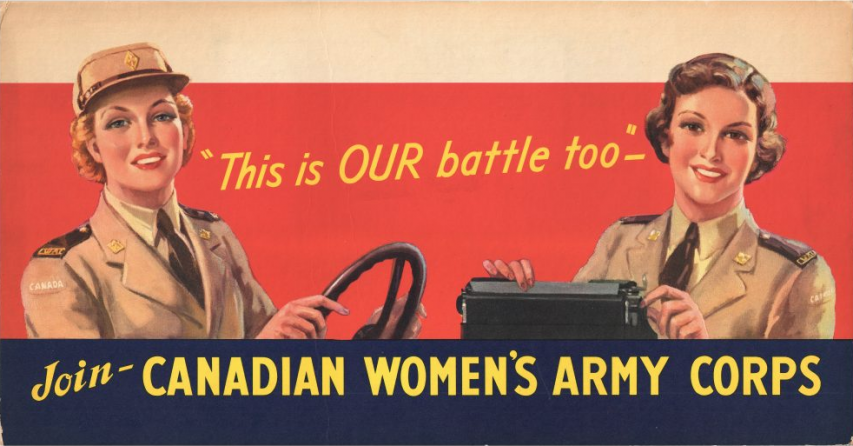
A WW2-era recruiting poster for the Canadian Women’s Army Corps. You’d be surprised how few modern photos of women in combat roles are available online, given the Canadian government’s desire to recruit more women in those areas.
In 1997, when women comprised 14 per cent of the Canadian Forces, Gen. Maurice Baril argued that a robust recruitment campaign was all that was necessary to boost female membership to 28 per cent by 2009, when, he predicted, women would comprise a full 25 per cent of front-line infantry troops, up from 0.6 per cent at the time.
Since there wasn’t a shred of evidence from Canada or anywhere else to support such a projection — women in Russia and Israel have performed combat roles under extreme duress for national survival, but their participation never lasted past the crisis — it came as no surprise to skeptics that the recruitment campaign fell far short of its goal. Women presently comprise 15.9 per cent of Canadian Forces members, the great majority of whom are serving in support roles (the number is 14 per cent in the United States).
A realist would draw the obvious conclusion that women and men are different. Women just aren’t into combat, and so what. But gender realism hasn’t governed the Canadian Forces for decades. So its honchos are doubling down, determined to ensure that by 2026, females fill 25 per cent of the ranks. This time, they’ve assigned a “Tiger Team” to circumvent the “systemic barriers” that make the military a “less than desirable choice” for the majority of young Canadian women.
Apparently, they have chosen to ignore their own recruitment analysts, who informed them that women feel “discomfort with a profession that involves combat,” because it has the “potential of killing people (especially innocent people).” If the military’s main “systemic barrier” to recruiting women is their inherent distaste for the profession’s existential purpose, how can that barrier be overcome?

